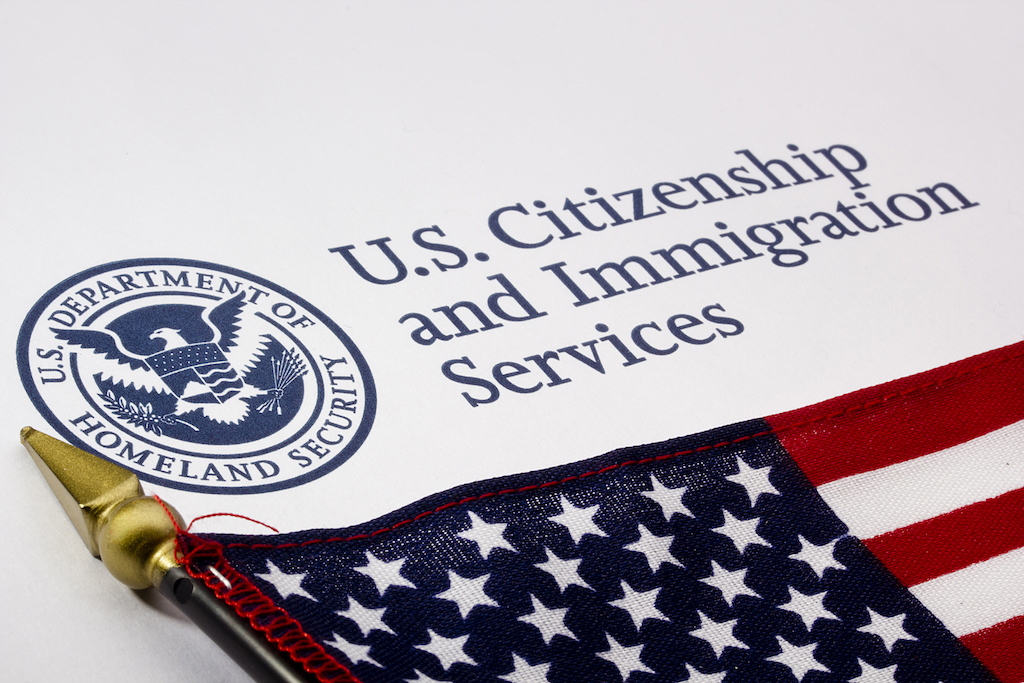
In a significant development within US immigration law, adjustments to immigration and naturalization fees have been implemented for the first time in over seven years, marking a pivotal moment for applicants and legal practitioners alike. Effective April 1, these fee modifications impact an array of services integral to the immigration process, including employment-based visas, work authorizations, permanent residency registrations, and naturalization applications.
The U.S. Citizenship and Immigration Services (USCIS) announced these fee updates in January, signaling a proactive effort to align with evolving legal requirements and enhance operational efficiency. USCIS Director Ur M. Jaddou underscored the importance of these adjustments, emphasizing their role in facilitating more timely decisions while better meeting the needs of applicants.
The fee adjustments come after a meticulous review process, which included extensive public engagement and feedback totaling over 5,400 comments. This collaborative approach reflects USCIS’s commitment to transparency and responsiveness within the legal framework governing immigration processes.
Despite the fee adjustments, certain fees have seen reductions, underscoring USCIS’s efforts to balance fiscal considerations with accessibility to immigration services. Notably, USCIS offers incentives such as a standard $50 discount for online applications and reduced fees for specific Employment Authorization Document applications, aligning with broader efforts to streamline and digitize immigration processes.
While these fee adjustments represent a significant milestone in immigration law, USCIS has also addressed incremental fee increases for premium processing requests. These adjustments, implemented in response to inflationary pressures, demonstrate ongoing efforts to adapt to changing economic conditions while ensuring equitable access to immigration services for applicants nationwide.


















